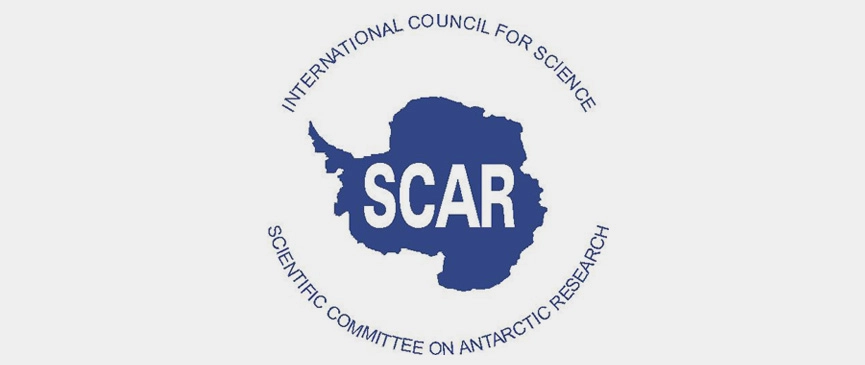Main content
The Scientific Committee on Antarctic Research Prince of Asturias Award for International Cooperation 2002

The jury for the Prince of Asturias Award for International Cooperation 2002, convened in Oviedo, comprising D.ª María Jesús Álvarez González, D. Enrique Barón, D. Shlomo Ben Ami, D. Manuel Díaz Ron, D.ª Mercedes Fernández, D. Enrique Fernández-Miranda, D. Antonio Garrigues Walker, D. Luis Lada Díaz, D. Ricardo Martí Fluxá, D. Francisco Pinto Balsemão, D. Luis Ruiz de Gopegui Miguel, D. Ignacio Ruiz-Jarabo, D. Luis Sánchez-Merlo, D. Nicolás Sartorius, D. Alfonso de la Serna, D. Gustavo Suárez Pertierra, D. Juan Vázquez, chaired by D. Leopoldo Calvo Sotelo and with D. Teodoro López-Cuesta Egocheaga as secretary, agree to bestow the 2002 Prince of Asturias Award for International Cooperation to international collaboration in Antarctica, represented by the Scientific Committee on Antarctic Research (SCAR), the permanent body of the Antarctic Treaty, whose headquarters are in Cambridge, UK.
The International Antarctic Treaty is one of the worthiest examples of universal recognition in the field of international cooperation. Originally signed in 1958 by the United Kingdom, France, Argentina and Chile, it has gradually grown to its present number of forty-five signatories, one of whom is Spain, who joined in 1982. This international treaty has shown itself to be an effective protective mechanism against the possible danger of confrontation over the area. It is based on the very concepts of placing all territorial claims on hold indefinitely, on demilitarising the continent, and on using it exclusively for ongoing, responsible, totally transparent scientific research. Spain figures amongst the limited number of full members of the Treaty, for which it had to demonstrate its history of scientific research.
Thanks to the protection afforded by the Treaty, Antarctica is the world´s only demilitarised continent; it suffers no armed conflict, is environmentally clean and is given over exclusively to the study of the biosphere and the further understanding of such vital climatic phenomenon as the deficiencies in the ozone layer, the so-called "greenhouse effect". Antarctica, therefore, is the great vantage point for the world´s present and future climate.
Spain has two scientific research posts -the Juan Carlos I and the Gabriel de Castilla- in Antarctica, whose coastline was apparently first seen at the beginning of the seventeenth century by the Spanish navigator Gabriel de Castilla. Two Spanish research vessels, the "Hesperides" and the "Las Palmas", constantly ply the Antarctic seas on research missions, thereby carrying out, alongside all the other signatory countries, the joint task of furthering our knowledge and protecting the climate of the Earth we live on.
The Jury wish to express their satisfaction at being able to recognise such an important task involving cooperation, carried out to the good of the international community.
Oviedo, 12th June 2002
End of main content
